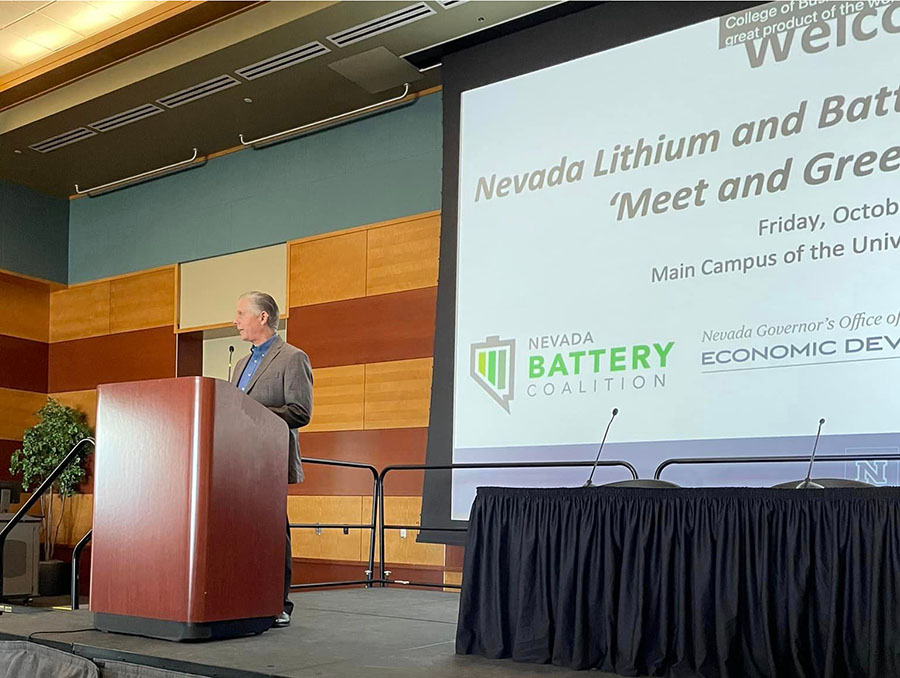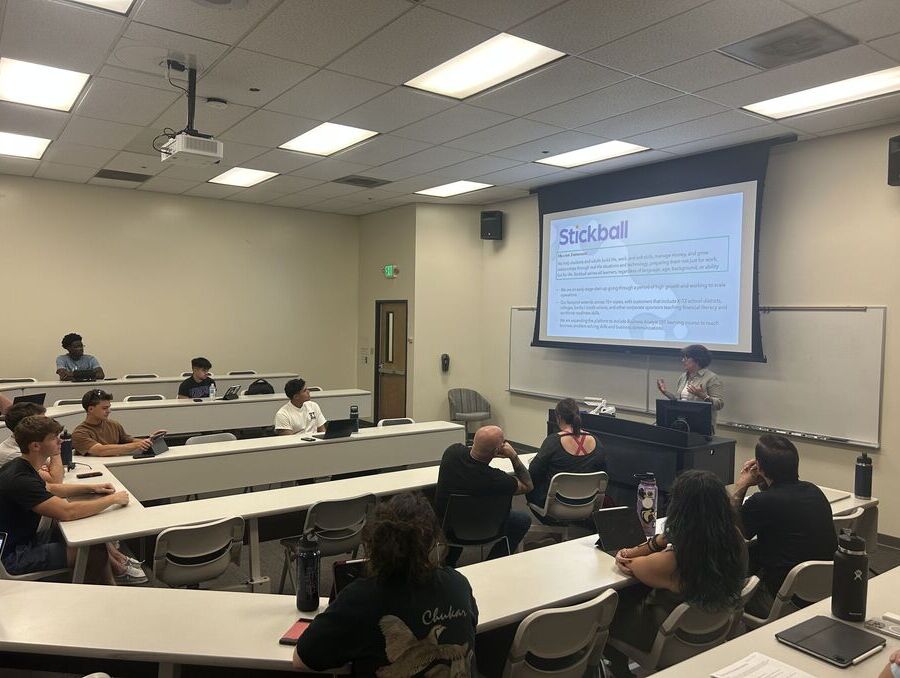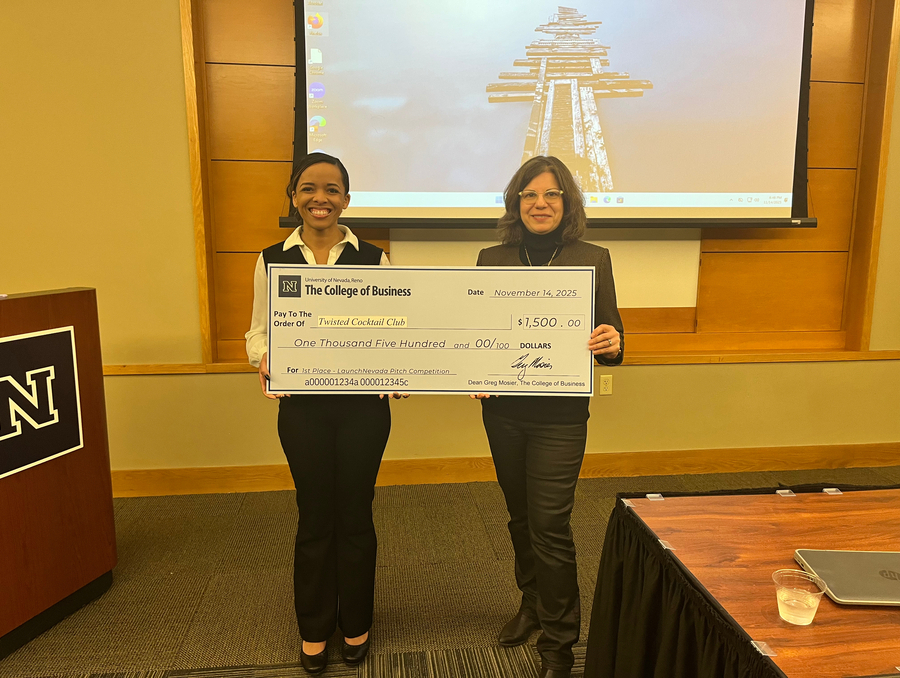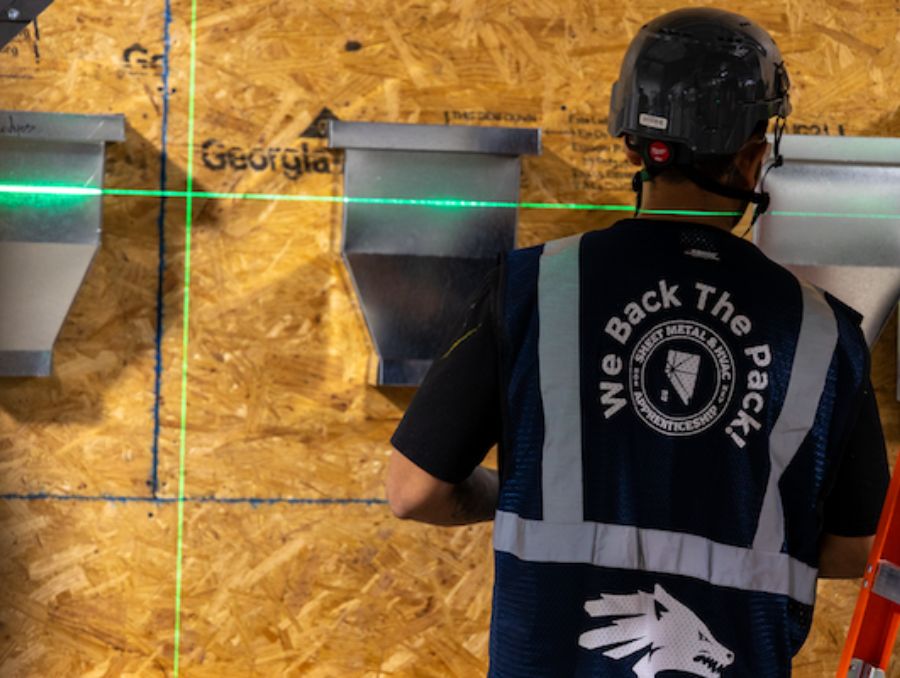In a gathering of industry players, the Lithium and Electric Vehicle Symposium was held at the University of Nevada, Reno, hosted by the Nevada Battery Coalition, the University Center for Economic Development and the Nevada Governor's Office of Economic Development.
With a focus on Nevada's leading role in the initiative, the symposium aimed to promote collaboration among stakeholders within the lithium battery and electric vehicle, also known as EV materials industries. The symposium provided a unique opportunity for these stakeholders to come together and address the bright future of Nevada, the "Lithium Capital of North America."
The event provided a platform for representatives from sectors within the lithium and EV industries to become acquainted with each other. This cross-industry networking is essential for forming the foundation for future collaboration and opportunity.
"This is a central part of Nevada's broader role in becoming a truly global 'one-stop shop' from extraction to processing to advanced manufacturing with having the entire value network and supply chain of this emerging sector located within and throughout the state," Director of the University Center for Economic Development Fred Steinmann said.
The symposium facilitated discussions about shared interests and potential opportunities within the lithium battery and EV materials sector. Participants explored ways to align their goals and resources to benefit Nevada's economic development.
As the industry continues to grow, it also faces numerous challenges. The symposium provided a space for stakeholders to collectively identify and address these challenges, such as supply chain issues, regulatory concerns and environmental impact mitigation.
Nevada has proactively supported the lithium battery and EV materials industry through various initiatives in science, technology, engineering and business.
In the pursuit of achieving a sustainable and environmentally responsible transition within the EV and Lithium sectors, the need for comprehensive data utilization becomes evident. This is pivotal in enhancing resource efficiency, reducing emissions and promoting a greener supply chain.
"Highlighting data is necessary to support a clean energy transition in the automotive sector. Using AI, manufacturing assessments and benchmarking to identify where our gaps might be in a new process will be a game-changing," Director of the Supply Chain and Transportation Management program Robyn Brunscher said, "Machine learning is also key when considering new materials, chemistries and cell designs. Computer algorithms can help us design and improve battery modeling and product life cycles."
The event saw considerable attendance from industry leaders, researchers, government officials, and community representatives, showcasing the broad spectrum of stakeholders invested in Nevada's lithium and EV materials industry. It also marked a step toward promoting a collaborative and sustainable industry that could have a great impact on the state's economic development and environmental sustainability.
"The symposium is a critical part of these efforts and others focused on closing this loop and building a truly sustainable and robust value network and supply chain," Steinmann said.
As Nevada positions itself as a major player in the lithium battery and EV materials industry, events like the Lithium and EV Symposium are crucial in paving the way for state and university opportunities.
"The University has the ability to act as a neutral partner in Nevada and apply for the grants necessary to research science, engineering and supply chain and vet the economic opportunities on behalf of the state and businesses," Brunscher said.
















